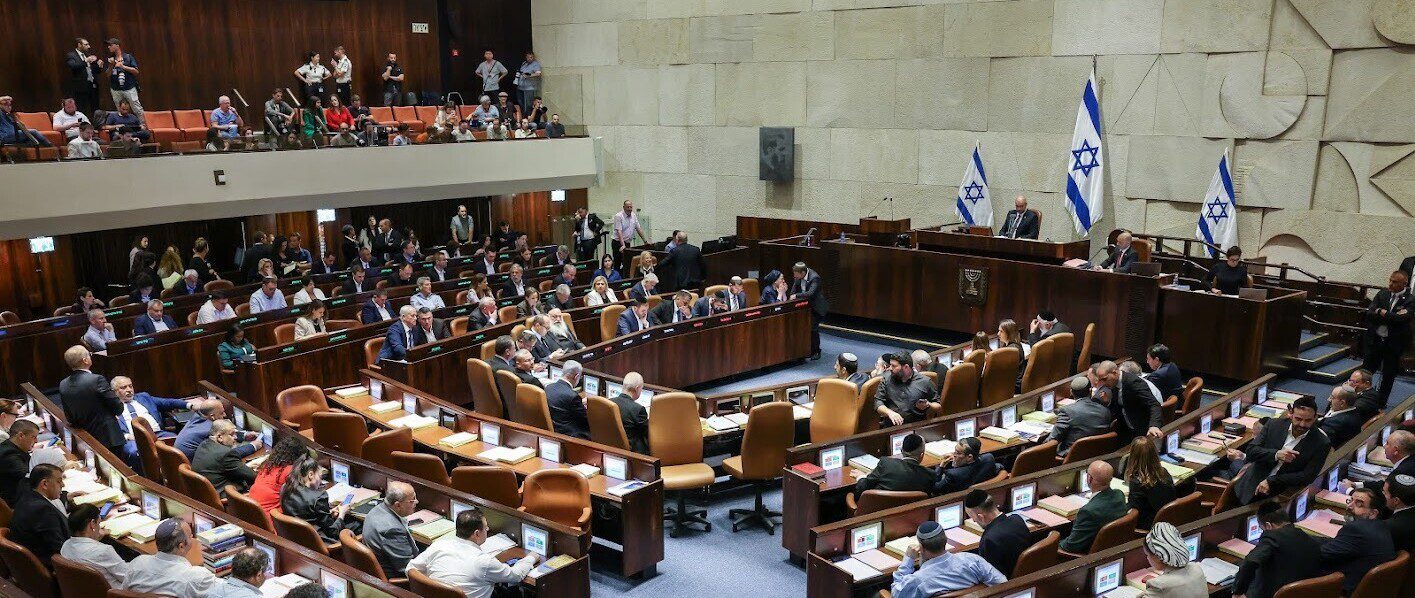Israel’s parliament has taken a major and highly controversial step that could sharply raise tensions in the region. On November 11, 2025, the Knesset approved the first reading of a bill that introduces the death penalty for Palestinians convicted of murders classified as terror attacks driven by hatred toward Israel or its Jewish citizens.
The vote, which passed 39 to 16, was championed by National Security Minister Itamar Ben Gvir. He celebrated the moment with trays of baklava shared among allies, a gesture critics say felt unsettling against the seriousness of a law involving executions.
The bill changes Israel’s penal code to make the death sentence automatic in such cases, removing the judges’ ability to issue a lighter punishment. Supporters argue this is a necessary response to the “October 7, 2023 attack,” when Hamas militants killed 1200 Israelis and took hundreds hostage. Ben Gvir said after the vote that terrorists will only be released to hell, framing the bill as overdue justice.
But human rights groups, legal analysts, and regional observers warn the law could deepen an already dangerous divide. More than ten thousand Palestinians are currently held in Israeli detention, including many under administrative detention held without charge or trial. Most Palestinians are tried in military courts, where conviction rates exceed ninety-nine percent, raising long-standing concerns about coerced confessions and restricted legal rights.
There are also fears the law could be used retroactively against hundreds arrested since the war began, paving the way for executions on a scale not seen in Israel’s history. The country had carried out only one civilian execution before the 1962 hanging of Nazi officer Adolf Eichmann.
A key criticism is the imbalance in who the law applies to. Jewish Israelis convicted of killing Palestinians would not face the same mandatory death sentence, a gap in rights advocates say highlights an unequal justice system that Palestinians have long complained about.
The timing of the bill has also raised questions. It comes just days after a United States-brokered ceasefire temporarily paused the fighting in Gaza, where more than forty-three thousand Palestinians have been killed.
Analysts say the move could undermine efforts to stabilize the region and may further isolate Israel internationally. The European Union and United Nations experts have already expressed concern that the bill could breach international law.
As the legislation heads into two more readings, global pressure is expected to intensify. Supporters insist it is a powerful deterrent. Opponents warn it risks inflaming tensions, provoking unrest in the West Bank, and complicating future peace talks.
For Palestinians it adds a new layer of fear at an already uncertain moment. And for the wider region, it signals that the path to lasting calm may become even more difficult.












